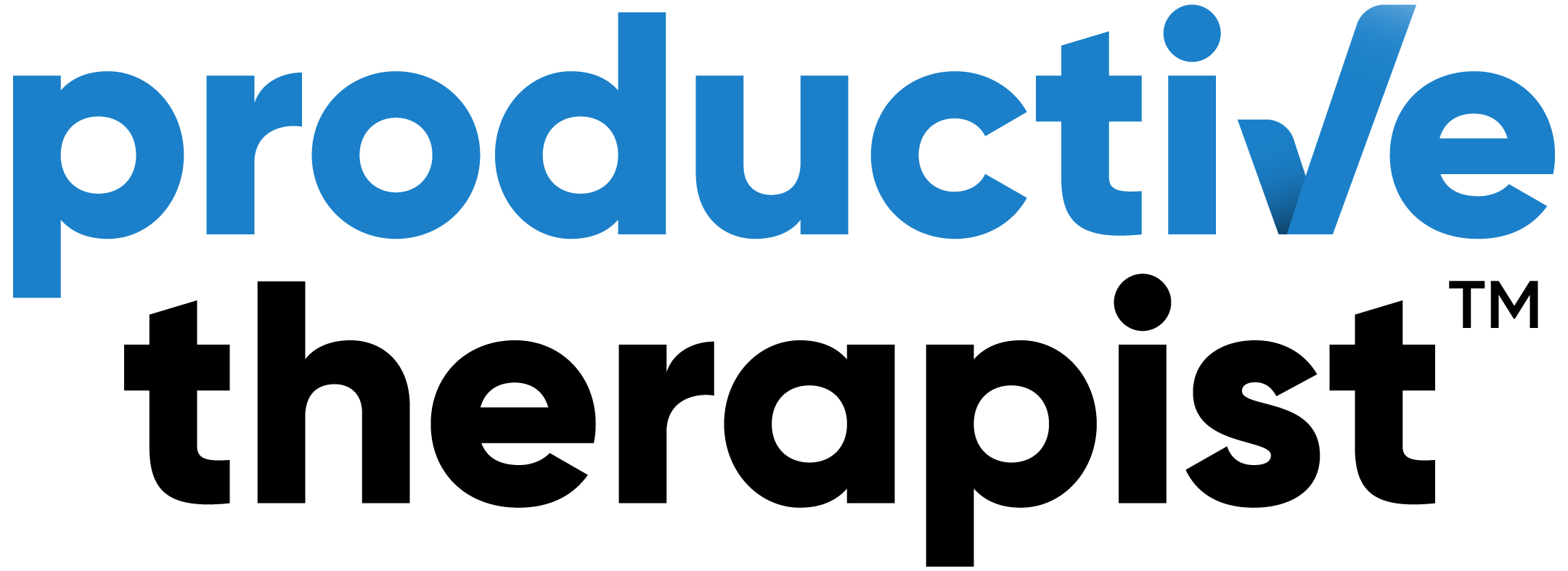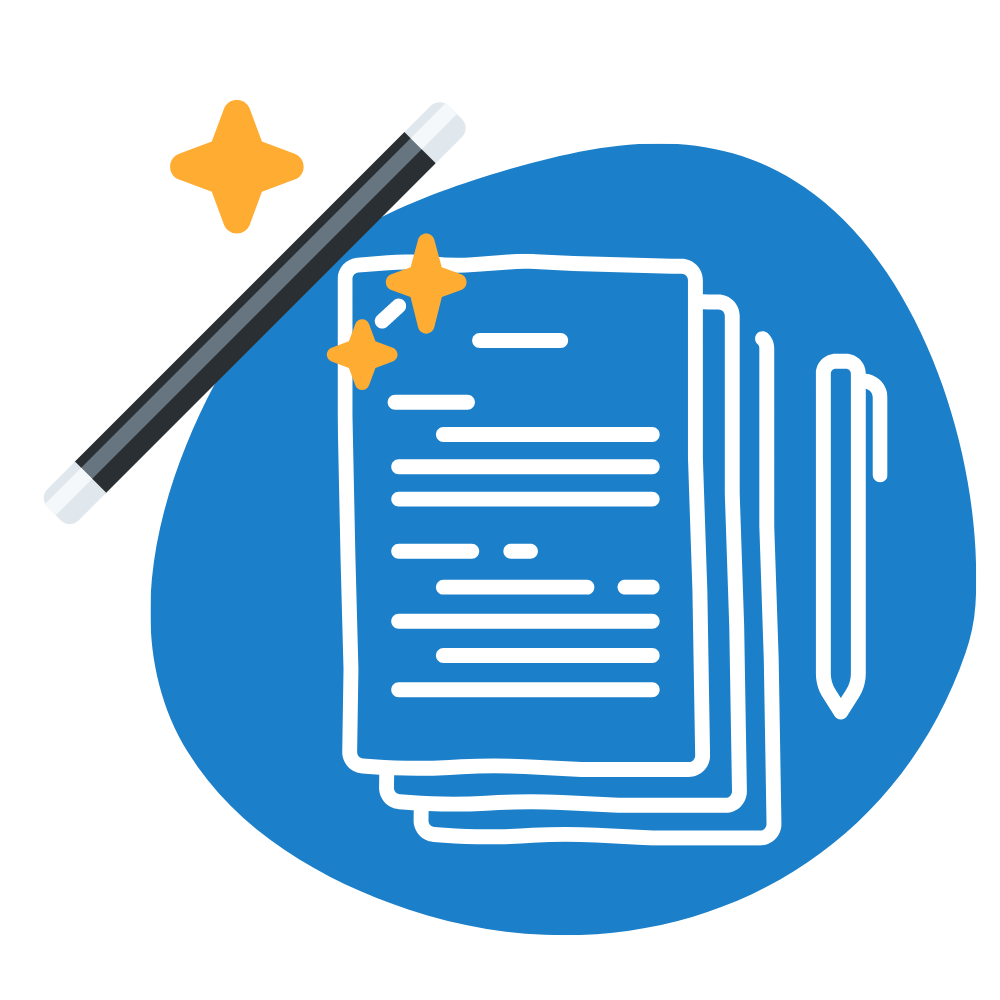Delegating is hard. Delegating your email inbox is VERY hard.
In This Episode, You'll Learn:
- Why it's worth the effort
- What's (finally) worked for me
- How you can do it too
Resources Mentioned In This Episode:
Hi there! This is Uriah. Thanks so much for listening to the podcast today!
I wanted to record a short episode and share with you a couple of recent wins that I've been experiencing with delegating and managing my email inbox.
This is something that I like to talk about, and you might have heard me talk about how I struggle to delegate my email and to decrease the amount of time that I spend checking and responding to email all day.
I'm going to tell you it's a problem! And I've actually tried to delegate my email inbox about three or four times and then I've always taken it back and it's something that I have needed to solve for some time.
So recently I actually hired - for the first time in my career - a proper executive assistant to support me primarily with email scheduling and then other small projects and it's working out fantastically.
So I want to tell you a little bit about that and maybe a few things that you can use, whether you have an executive assistant or a personal assistant or it's just you. Some of the wins that I've been experiencing are related to my work with her and then some of them are just around changing my own habits.
And you know this: we all get into some negative and bad habits that end up being roadblocks to our productivity, to our success, and to just our overall enjoyment of life. So for me, I was constantly checking my email and constantly responding to things quicker than I needed to, and every time that I would look at my inbox, I would be distracted. Right? I'm sure you can relate to this, it's a very human thing. And as I mentioned before, I've been unsuccessful in changing this.
So in my work with my new executive assistant, I put together - I had this for a while - but I revamped my email and scheduling rules. So just a simple document that goes over daily email rules, what to archive and filter emails to respond to, as well as some notes on scheduling and then also covering for me when I'm on vacation. So just very like nuts and bolts on exactly what to do. And this is just really helpful for her to know how to help me. And then we're revising this as we go along.
And a couple of times recently we've had meetings where we would actually just screenshare and then I would process my inbox and sort of talk through it. I've also sent her videos of me processing my inbox because there's a lot of nuances, at least for me, my personal and professional emails come into one inbox. I don't necessarily advise that for you or for anybody, but for me it's what has worked for some time. And I have two businesses, so a lot of email inflow and we've processed that together on calls. I've gone through it and then I've, like I said, made videos and sent those to her as well.
So that's where we are starting. And essentially it's pretty straightforward. She checks my email and manages it three times a day at set intervals. So she processes emails, follows the rules, she's starting to respond to emails and interact when it's appropriate. And I don't have any counseling clients anymore, so there's no concern about PHI at this point.
So she will respond to some emails and we're going to increase her ability and authority to do so. And then she'll also do some scheduling, whether there's scheduling requests or scheduling changes for anything related to my calendar, personal or professional. And that has been really nice, just knowing that I have some support and some backup and that I am not the only one responsible for processing my email. So that has been wonderful.
But I will tell you the biggest change and the biggest win for me is this one thing, I decided that I need to check my email less often, right?
We've established that. And so I only opened my email a couple times a day. Basically I figured that if I see it, I'm going to do the work, I'm going to jump into it and be distracted by it. Kind of like, you know, for me, I have a big sweet tooth, so if I'm always walking through the kitchen and there's always candy or pie or whatever else on the counter, if it's available, boom, I'm there, I'm in. So I started just closing the tab and I don't start the day with my email open, I check it.
I have set times throughout the day where I just keep it shut down for essentially half the day. Right now I'm experimenting with having it shut down from eleven to one and then also two to four. So I check it in the morning, afternoon, and then before the end of the day. So that's so simple, but it's just a behavioral change that's making the biggest difference for me right now. So I just wanted to share a couple of these quick tips for you and tell you what's working for me, and suggest that you take a look at your own behavior around managing your email and your schedule for that matter.
And think about what you can change, whether or not you find an assistant to help you with it, or you just change your own habits. Both can be really good.
And I'll give you a bonus tip too: one of the best things that I've done this year is - this is kind of nerdy, but it's totally easy and accessible for you if you want to - I've spent time learning how to use keyboard shortcuts, and most applications have some keyboard shortcuts, but Gmail specifically has a really robust set of keyboard shortcuts so that I can basically process my email faster without my fingers leaving the keyboard, so I can move from one email to the next.
Open it, read it, archive it without touching my mouse. I can even click a few buttons, reply, and send an email without touching my mouse. So it's just a lot faster. I can get through my email inbox two or three times a day in less than half an hour, and then if there's something that needs an action or some sort of response, I usually will move that to my task manager. So out of my inbox into the task manager.
If it's something I could talk about this in a future podcast episode on sort of email rules. But if it's something that I got an email this morning from one of my favorite bands. They have a new video on YouTube that I really want to watch, but it's not important for now and I want to watch it later. So I just go ahead and sneeze that for later. And that's helpful just to kind of keep it clean.
So there you go. That's what I wanted to share. And I do have a bunch more tips and strategies on sort of managing your email inbox, in a course called the Seven Day Email Transformation Challenge. And funny enough, the last step and the last recommendation in that mini course is to delegate your email to a virtual assistant, which I'm finally doing successfully. Fingers crossed!
So there you go. I hope that was helpful for you. If you want to check out the email management course, go to ProductiveTherapist.com/PTM. You can get access to that and some other free courses that we have. Hope you have a wonderful day!
Talk to you next time!
Subscribe & Review in Apple Podcasts
If you're not already subscribed to the Productive Therapist Podcast, now's your chance to join the hundreds of other therapists who tune in each week. You'll get weekly encouragement, support, tips and suggestions for growing your practice and reaching your goals.
The world needs you to be the best, most productive therapist you can be. And you owe it to yourself to reach for your big dreams. The Productive Therapist Podcast is here to help you do both.
Click here to subscribe now on iTunes.

 Click for full episode transcript
Click for full episode transcript 